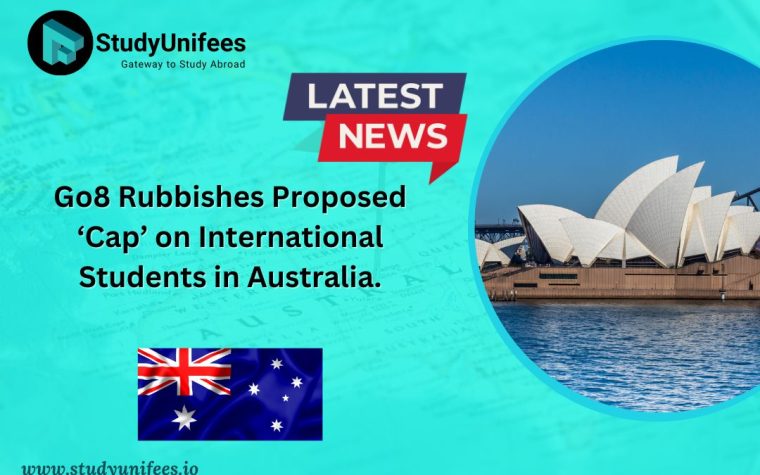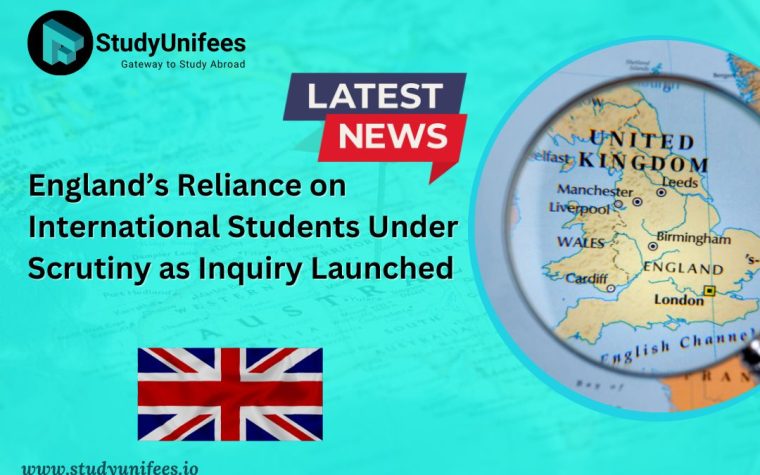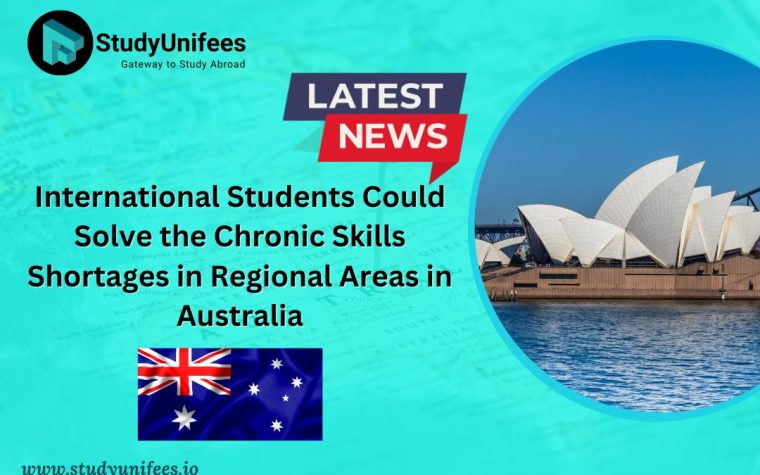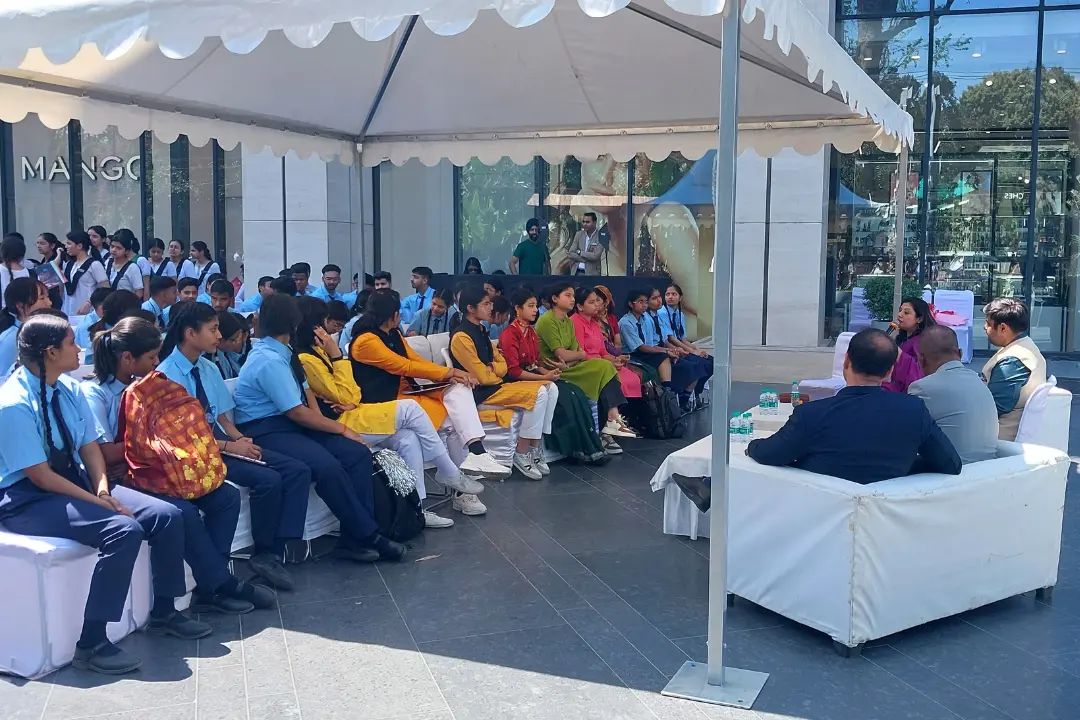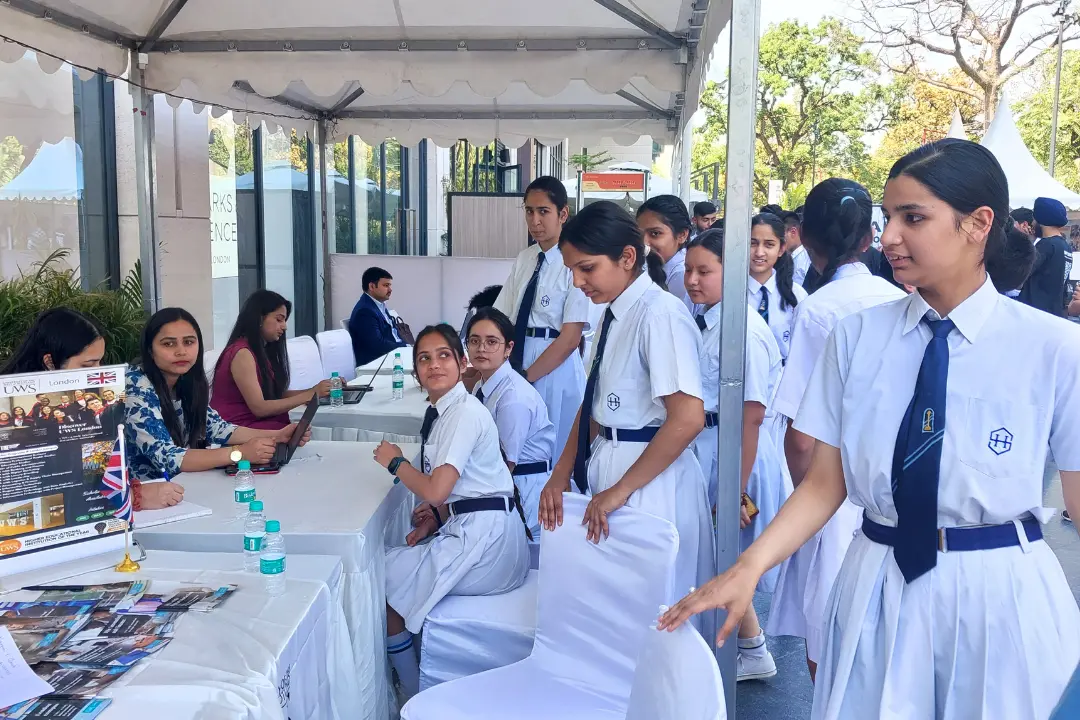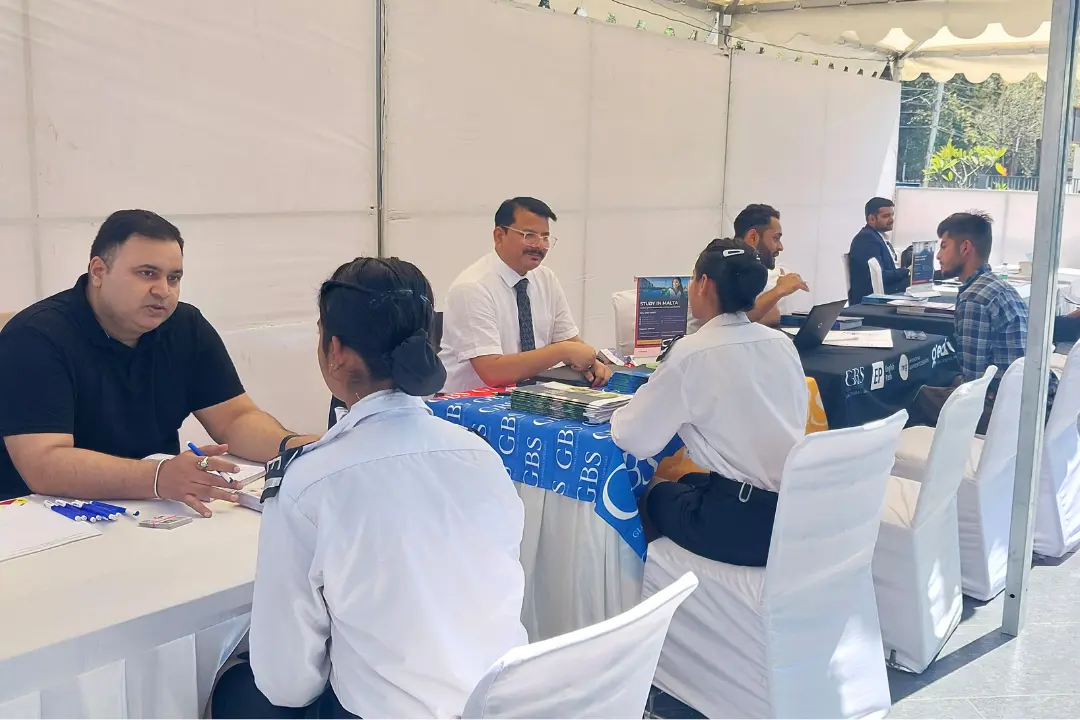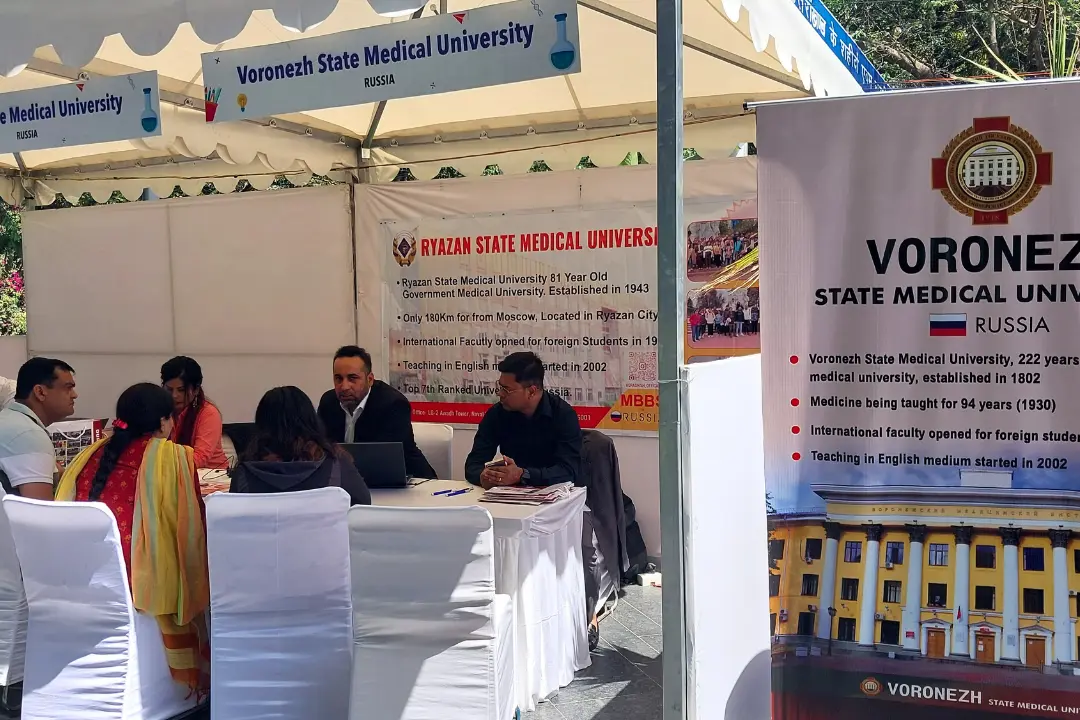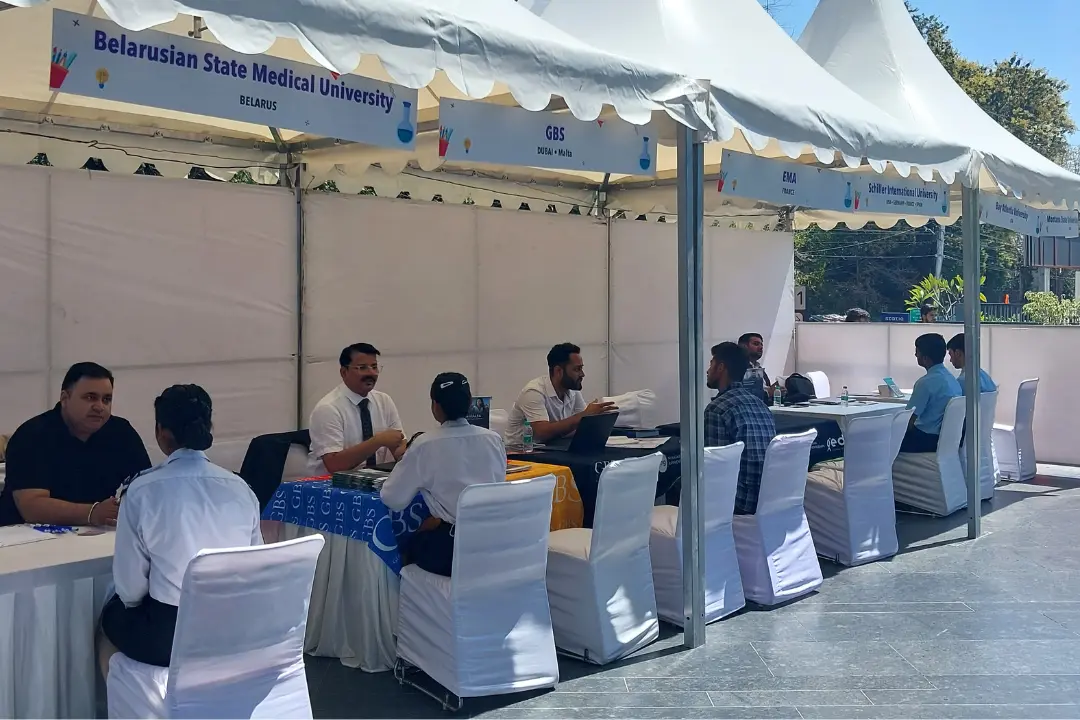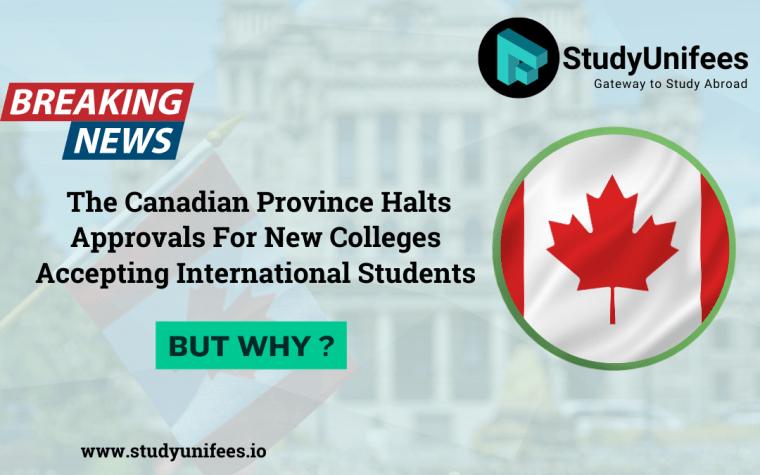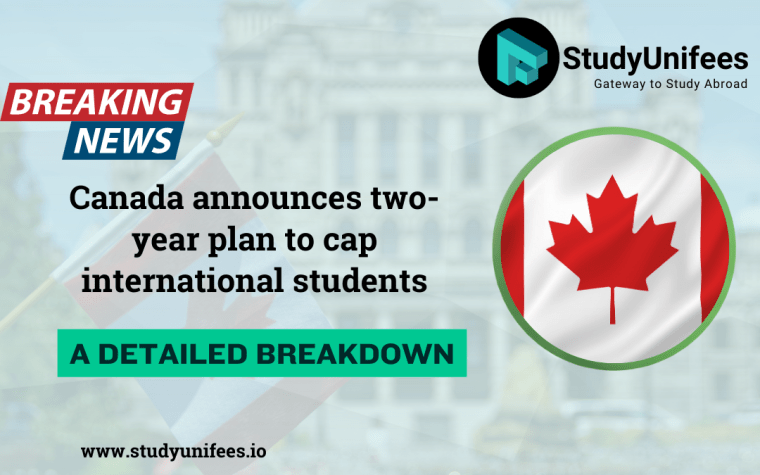However, recent challenges have threatened the integrity of the international student system. Some institutions have excessively increased enrollments to boost revenues, leading to a lack of proper support for students.
This surge in international students has also strained housing, healthcare, and other services.
To address these concerns, the Honourable Marc Miller, Minister of Immigration, Refugees, and Citizenship, announced today that the Government of Canada will implement measures to stabilize the number of international students. A two-year student cap on international student permit applications has been set, with an expected approval of approximately 360,000 study permits for 2024—a 35% decrease from 2023. Provincial and territorial student caps, based on population, have been established to address unsustainable growth in specific regions.
These temporary measures will require attestation letters from provinces or territories for every study permit application submitted to Immigration, Refugees, and Citizenship Canada (IRCC) starting January 22, 2024. Provinces and territories are expected to issue attestation letters to students by March 31, 2024. The student cap will not affect study permit renewals, master’s and doctoral degree seekers, or those in elementary and secondary education.
During this two-year period, the government will collaborate with provinces, territories, learning institutions, and education stakeholders to develop a sustainable framework for international students in the context of the student cap. This includes finalizing a recognized institution framework, determining long-term sustainable levels of international students, and ensuring sufficient student housing in post-secondary institutions.
To align with the Post-Graduation Work Permit Program, eligibility criteria will change from September 1, 2024. Graduates of master’s and other short graduate-level programs will soon be eligible for a 3-year work permit. However, international students in curriculum licensing arrangements will no longer qualify for post-graduation work permits. Open work permits will only be available to spouses of international students in master’s and doctoral programs.
The government aims to provide clear pathways to permanent residence for students with in-demand skills and explore measures to facilitate the transition of international students into the labor force. Recent reforms include updating the cost-of-living requirement for study permit applicants and enhancing the verification process for letters of acceptance from post-secondary institutions.
In 2024, targeted pilots will be introduced to support underrepresented cohorts of international students in pursuing their studies in Canada. These comprehensive measures seek to ensure the genuine well-being of international students, protect the integrity of the immigration system, and alleviate pressures on Canadian services.
Canada is Still a Great Option
Canadian higher education is globally renowned for its exceptional quality, making Canada a preferred destination for students seeking top-notch academic experiences. The Canadian education system consistently ranks among the best in the world, emphasizing innovation, research, and a commitment to academic excellence.
Universities and colleges in Canada provide a diverse range of programs, fostering a dynamic learning environment that encourages critical thinking, creativity, and practical application of knowledge. The faculty members are often distinguished experts in their fields, contributing to cutting-edge research and creating an enriching educational atmosphere. Moreover, the Canadian higher education system places a strong emphasis on inclusivity, diversity, and fostering a global perspective, ensuring that students are prepared to navigate an interconnected world.
One hallmark of Canadian education is its emphasis on research and innovation. Many institutions collaborate with industries and research organizations, providing students with opportunities to engage in groundbreaking research and real-world projects. The commitment to research-driven learning not only enhances the academic experience but also prepares graduates to address complex challenges in their respective fields.
The quality of Canadian higher education is further underscored by the rigorous accreditation processes and high academic standards set by regulatory bodies. Additionally, Canadian universities consistently feature in international rankings, reflecting their commitment to maintaining world-class educational standards. Overall, Canadian higher education stands as a beacon of quality, offering students a transformative learning experience that prepares them for success in a rapidly evolving global landscape.
International Students in Canada
It is crucial to approach the topic of international students in Canada with a nuanced perspective, recognizing the numerous benefits they bring to the country. However, like any demographic group, international students can pose certain challenges and generate specific issues within the Canadian context. It is important to emphasize that these challenges are not inherent to international students themselves but may arise due to various factors, including policy gaps, institutional shortcomings, and societal dynamics.
One notable issue is the strain on essential services, particularly in metropolitan areas with high concentrations of international students. The influx of students can put pressure on housing markets, leading to increased demand and potentially rising rental costs. In cities like Toronto and Vancouver, where housing affordability is already a significant concern, the additional demand from international students exacerbates the challenges faced by local residents.
Similarly, the surge in the international student population can strain healthcare services. International students, like any residents, may require access to healthcare, leading to an increased demand for medical facilities. This can potentially result in longer wait times for both routine and emergency medical services, impacting not only international students but also the local population.
Another challenge is the potential exploitation of international students by unscrupulous institutions. Some educational institutions, driven by financial motives, may admit a higher number of international students than they can adequately support. This can lead to issues such as inadequate student support services, substandard living conditions, and a lack of resources for academic success. In extreme cases, it can result in a compromised learning experience and the exploitation of vulnerable students who may face difficulties navigating a foreign educational system.
Furthermore, the pursuit of increased revenues by educational institutions can compromise the quality of education for both international and domestic students. In some cases, institutions may prioritize quantity over quality, compromising academic standards to accommodate larger numbers of students. This can dilute the educational experience, diminish the value of degrees, and harm the reputation of Canadian institutions in the long run.
Additionally, there may be cultural and social challenges faced by international students. Adapting to a new cultural environment, language barriers, and potential feelings of isolation can impact the mental well-being of international students. The need for effective support systems, counseling services, and integration initiatives becomes crucial to ensure the holistic development of these students during their time in Canada.
The economic implications of relying heavily on international student tuition fees also raise concerns. Canadian universities, particularly during economic downturns, may become overly dependent on international student revenue. This financial vulnerability can impact the institutions’ ability to maintain consistent educational standards and adequately support students.
In response to these challenges, the Canadian government and educational institutions need to implement comprehensive policies and strategies. This includes addressing housing affordability, enhancing healthcare infrastructure, and regulating institutions to ensure they prioritize quality education and student well-being over financial gains. Moreover, fostering inclusive and supportive environments for international students, both academically and socially, is crucial to maximizing the positive contributions they can make to the Canadian society and economy.
In conclusion, while international students contribute significantly to the cultural, social, and economic vibrancy of Canada, challenges arise that demand attention and thoughtful solutions. Addressing these issues requires a collaborative effort from policymakers, educational institutions, and local communities to create an environment where international students can thrive without compromising the well-being of the local population or the integrity of the education system.


